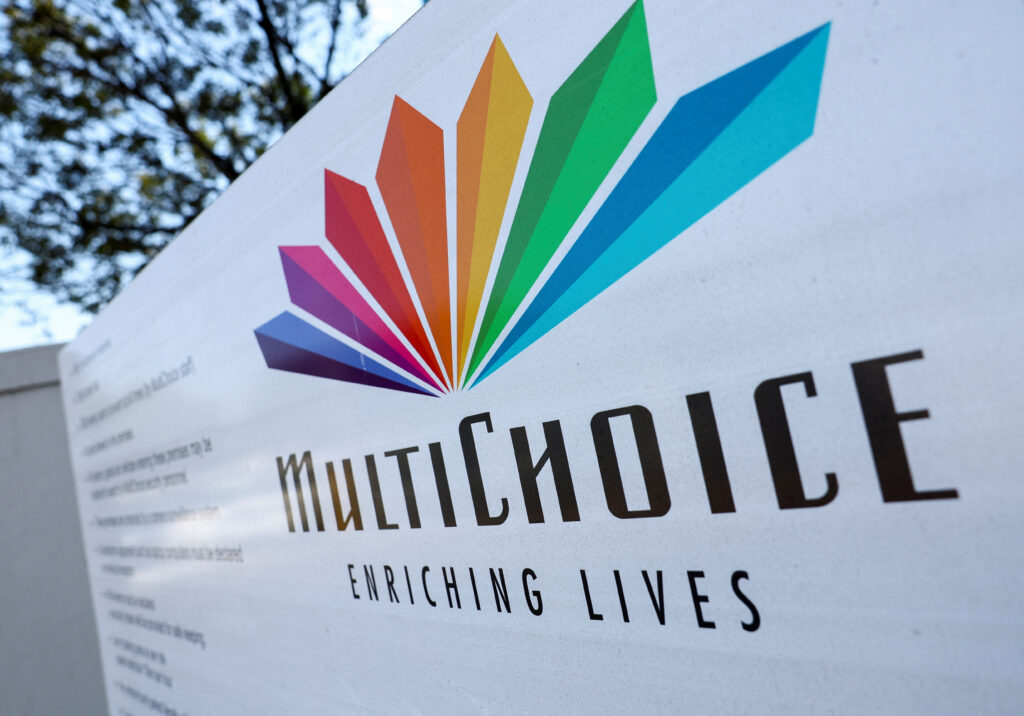The allocation for the early retirement programme has been revised down from R11 billion estimated in the 2024 Medium-Term Budget Policy Statement to R5.5 billion across 2025/26 and 2026/27.
“This budget also retains the provisional allocations for early retirement, allocations for Prasa and the municipal trading entity reforms announced before, but at a slightly lower level than anticipated in the March 12 budget,” says Finance Minister Enoch Godongwana in his speech.
ADVERTISEMENT
CONTINUE READING BELOW
Read:
R11bn proposed to entice public servants to take early retirement [Oct 2024]
SA readies early retirement plan for state workers [Feb 2025]
Re-introduced last year, the incentive aims to rationalise and rejuvenate the public service while retaining critical skills and promoting the entry of younger talent.
In 2019 there was a similar offer, but it didn’t solve the problem.
“This initiative is expected to motivate 15 000 public service employees to apply for early retirement in 2025/26 and 2026/27, with R5.5 billion allocated to support the programme”, says National Treasury Director-General Dr Duncan Pieterse.
Initially, at R11 billion, the early retirement was to extend to 30 000 employees and translate to a R2 billion year cost saving.
“We halved the provision and so halved the number of employees who will benefit,” says Pieterse at a media briefing before Godongwana delivered his speech.
Early retirement costs will come up to R5.5 billion for the two years. The government will spend R2.2 billion in the first year of implementation and then proceed to spend R3.3 billion in 2026/27.
“The March 2025 Budget Review provides details on key fiscal reforms, including a longer-term fiscal anchor and the reactivation of early retirement without penalties to support a sustainable public-service wage bill. These reforms are in progress,” says Pieterse.
Hefty public wage bill
ADVERTISEMENT:
CONTINUE READING BELOW
The public sector wage bill has weighed heavily on the fiscus for years, and attempts to rein it in have been largely unsuccessful.
Moneyweb reported that SA’s wage bill breached R700 billion in 2023. Tabling the budget for the 2023/2024 financial year, Godongwana said he expects compensation for workers in the employ of the public service to reach R701.2 billion, surpassing a level he once thought would be reached in 2025.
Read: Civil servants’ salary hike costs the fiscus R23.4bn
In 2019, former finance minister Tito Mboweni introduced a public sector salary freeze for three years in an effort to control the ballooning wages. But in the 2023/24 financial year, public service wages increased.
Pieterse noted discussions with organised labour on the process for people to apply for early retirement are underway in the Public Service Co-ordinating Bargaining Council (PSCBC).
“The allocation will be revisited on the conclusion of these consultations as part of the next budget process, although functions that are not parties to the PSCBC process – such as the Department of Defence – can proceed with implementation,” he says.
Follow Moneyweb’s in-depth finance and business news on WhatsApp here.

 9 hours ago
1
9 hours ago
1






















 English (US) ·
English (US) ·